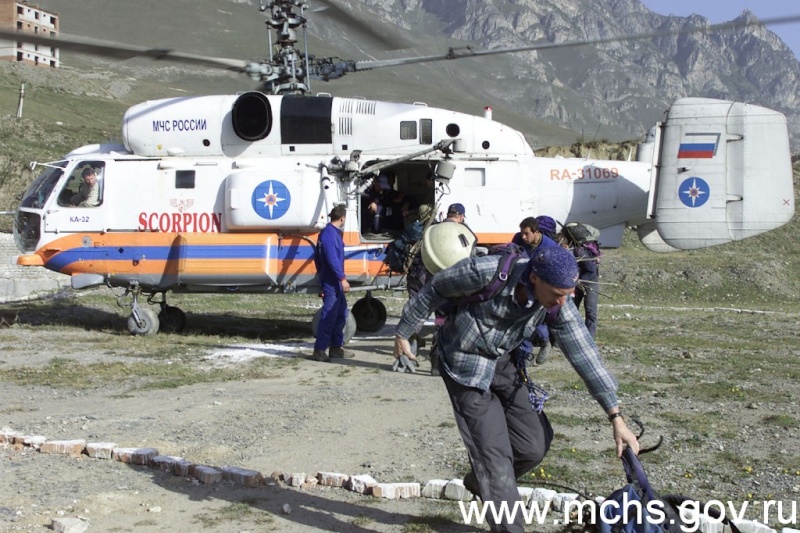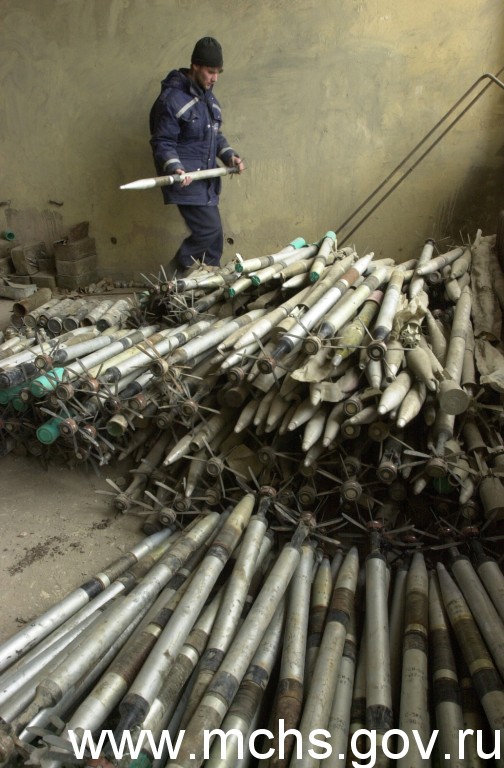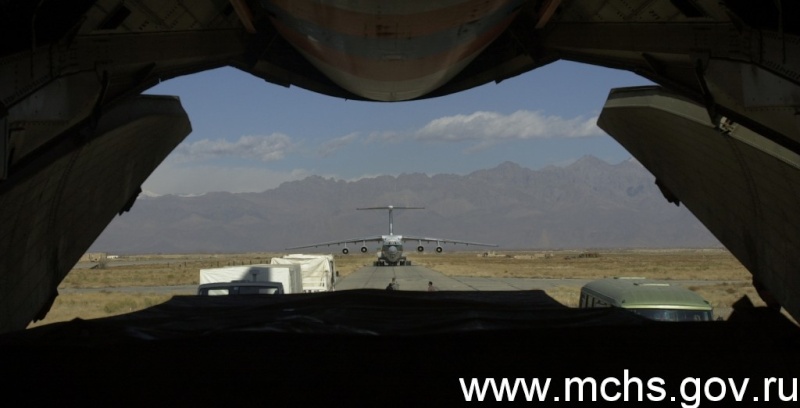 George1 Wed Aug 20, 2014 10:14 am
George1 Wed Aug 20, 2014 10:14 am
Russia Becomes Leader in Provision of International Aid – Emergencies Ministry
MOSCOW, August 19 (RIA Novosti) - In the last 20 years Russia has become the world leader in the provision of emergency humanitarian assistance, the Deputy Head of the Russian Emergencies Ministry Vladimir Stepanov said.
The World Humanitarian Day is celebrated this Tuesday. It marks the anniversary of the UN Headquarters bombing in Baghdad in 2003 when 22 people, including UN humanitarian veteran Sergio Vieira de Mello, were killed.
Russia has been actively involved in international humanitarian operations since 1993. During this time, the assistance was provided to the population of nearly 40 countries, including the United States, Cuba, Haiti, Venezuela, Colombia, Chile, Peru, Bolivia, Syria, Libya, Somalia, Kenya, Palestine, Israel, Iraq, Afghanistan, Ukraine, Serbia, Germany, Italy, and Tajikistan. The total volume of delivered humanitarian supplies has exceeded 220 thousand tons.
The Russian Emergencies Ministry cooperates with many international organizations, such as the UN Office for the Organization of Humanitarian Affairs and the Office of the High Commissioner for Refugees, the World Food Programme, the Shanghai Cooperation Organization (SCO), the International Committee of the Red Cross (ICRC), Stepanov said.
One of the largest international humanitarian operations, conducted by the ministry was to help the people of Yugoslavia, who suffered from NATO bombing. Russia worked in the battle-torn country together with Switzerland, Greece and Austria in the spring and summer of 1999.
The highest priority for the Emergencies Ministry is currently provision of help to Ukrainian refugees, who arrived in Russia in an attempt to escape the conflict in the east of the country, where Kiev is carrying out military operation against independence supporters. The flow of refugees has increased dramatically since June. According to the latest data by Russian authorities, more than 730,000 Ukrainian citizens have fled the country since the beginning of the conflict.
The ministry established tent camps and temporary accommodation centers (TACs) on the basis of existing educational and cultural institutions, as well as in rest houses, health camps and major sporting facilities. Almost 60 thousand people are currently housed






















